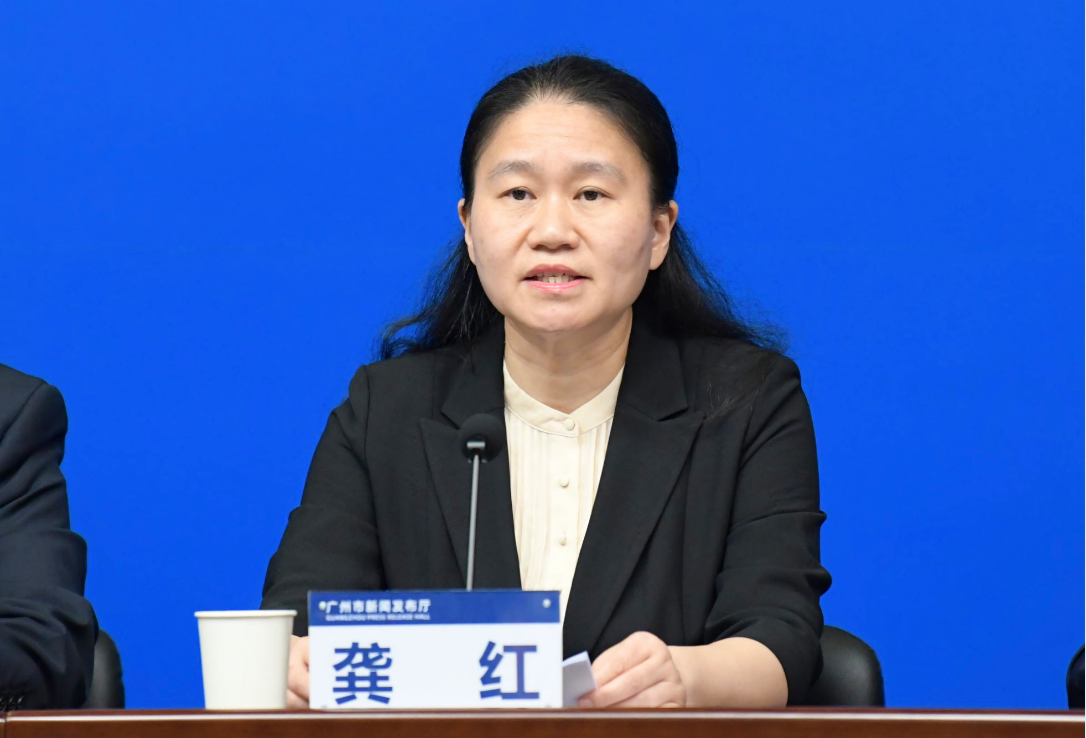The global energy crisis has become more and more intense Asian countries compete for nuclear energy
Author:Federation Time:2022.08.28

As the global energy crisis continues to deteriorate, Asia was once rejuvenated for a long time. The Japanese and South Korean governments are canceling anti -nuclear policies, India seeks to build more reactors, and some countries in Southeast Asia are also exploring nuclear power technology.
After the outbreak of the Russian and Ukraine conflict, the prices of natural gas and coal have soared to a record level. As the West imposed sanctions on the Russian energy industry, the supply will continue to be tight, and the price will remain high for a long time in the future. Natural gas and coal are the two major fossil fuels of Asian power generation.
Policy makers and public institutional companies hope to control energy costs and do not give up green transformation targets. They also require reducing dependence on overseas energy suppliers. As a result, they turned their attention to nuclear energy again.
This is a dramatic turning point. In the past few decades, the nuclear industry has been trapped in the competition of cost overruns, cheap fossil fuels, and strict supervision. The World Nuclear Association policy analyst David Hess said: "The old resistance is disintegrated at an alarming speed. The existing nuclear power plant can produce the cheapest power, and the soaring natural gas prices make the economic advantage of nuclear power more obvious."
After the Fugshi Nuclear Power Station accident in 2011, the global nuclear power development process was severely frustrated. Some countries believe that the risk of nuclear energy is far greater than its benefits.
Brandon Munro, chief executive officer of uranium development company Bannerman, commented that people opposed nuclear power due to fear of Fukushima nuclear accidents. This emotion has now faded. The scientific research in the past ten years has eased the severity of the accident, and Asian countries are facing the face of Asian countries. More serious and fatal threats from energy shortage.
The Japanese government said this week that it will explore and build the next generation of reactors, while also promoting restarting more idle nuclear reactors. In the past ten years, Japan has always stated that it will not build a new reactor or replace the old reactor.
Japanese Prime Minister Kishida Kishita said on Wednesday: "The Russian -Ukraine conflict has changed the global energy situation. Nuclear energy and renewable energy are essential to promote green energy transformation.
The Japanese people's interest in nuclear power is also increasing. A polls earlier this month of "Yomiuri Shimbun" showed that about 58%of the respondents supported restarted nuclear power. This is since the newspaper opened in 2017. Supporters surpassed the opponent for the first time.
Similar changes also took place in South Korea. South Korean President Yin Xiyue, who came to power this year, is a nuclear -energy supporter. He hopes that nuclear power can account for 30%of the total power generation. Yin Xiyue said that South Korea should be the main exporter of nuclear equipment and technology, and integrate atomic energy and renewable energy to promote carbon neutrality.
At the same time, India's largest power producer is seeking to develop two large nuclear power projects. The current 70%of the country's electricity comes from coal, and only about 3%come from nuclear energy. However, the goal of Indian Prime Minister Modi is to increase the number of nuclear power stations in the next ten years.
Southeast Asian countries are also considering nuclear power. Philippine President Marcos said last month that he would explore the construction of nuclear power plants to reduce power costs and improve energy supply. Indonesia plans to start the country's first nuclear power plant in 2045.
Singapore said earlier this year that by 2050, the next generation of nuclear energy or geothermal technology will account for 10%of its energy structure.
Click "watching

"Stocks make a lot of money

- END -
The road transformation of Shijiazhuang, the vehicle implements temporary bypass management →
In order to ensure that the road traffic is safe during Shijiazhuang's Fuxing Street and the Municipalization Reconstruction of the North Third Ring Road, and to the greatest extent, to avoid traffic...
Guangzhou Women's Federation: Family field is a prominent highlight in the new development plan

On the morning of July 19th, the press conference of Guangzhou Women's Development...